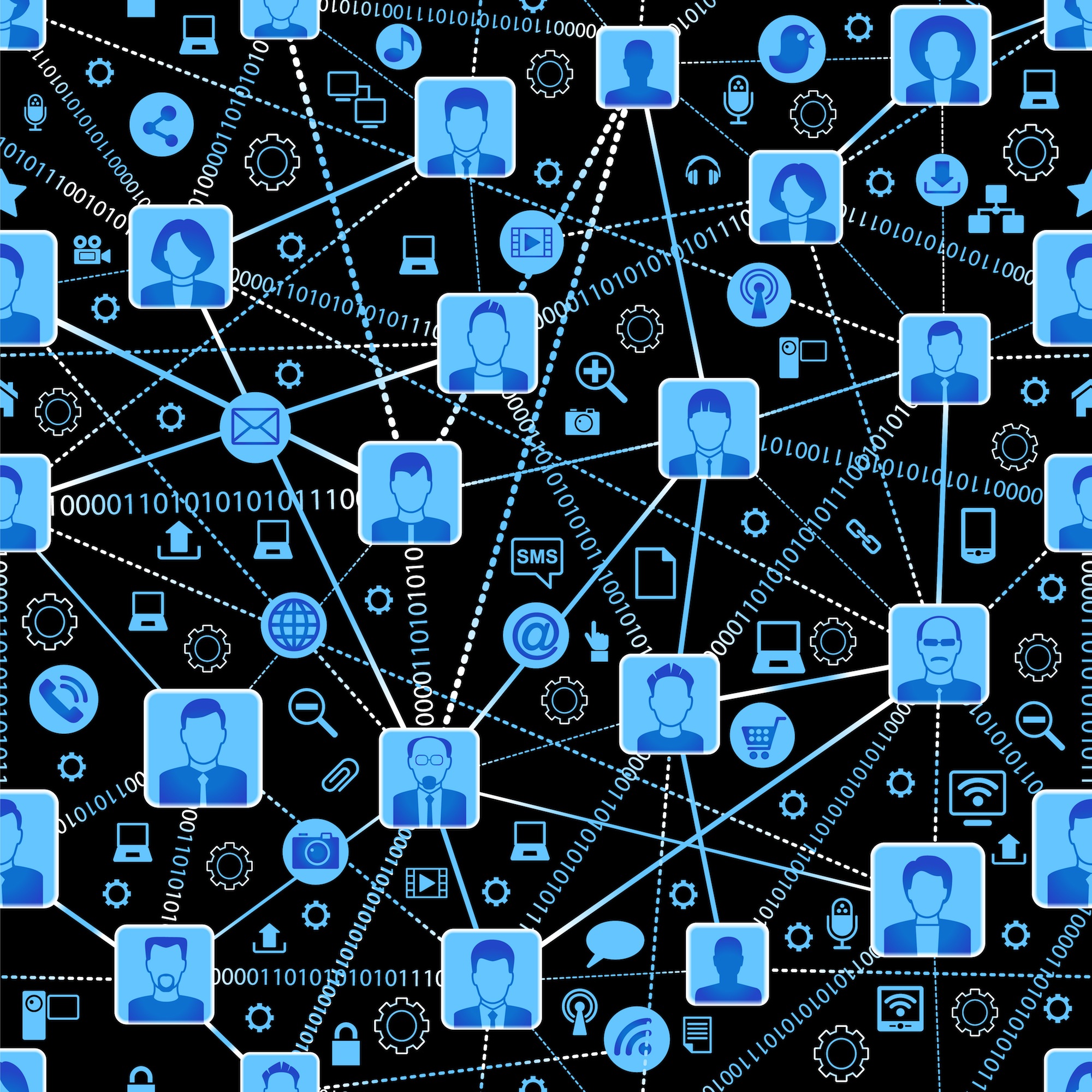Social Networks and Collaborative Problem Solving
IDSS PI: Sandy Pentland
Collaborators: Yves-Alexandre de Montjoye, Arkadiusz Stopczynski, Erez Shmueli, Sune Lehmann (Niels Bohr Institute, University of Copenhagen)
Sandy Pentland and his group study how teams of scientists or engineers collaborate on projects using their social networks to gather new ideas and feedback. By providing a link between the literature on team performance and information networks, the authors study teams’ problem solving abilities as a function of both their within-team networks and their members’ extended networks.
Complex problem solving in science, engineering, and business has become a highly collaborative endeavor. Teams of scientists or engineers collaborate on projects using their social networks to gather new ideas and feedback. Pentland and collaborators bridged the literature on team performance and information networks by studying teams’ problem solving abilities as a function of both their within-team networks and their members’ extended networks. They show that, while an assigned team’s performance is strongly correlated with its networks of expressive and instrumental ties, only the strongest ties in both networks have an effect on performance. Both networks of strong ties explain more of the variance than other factors, such as measured or self-evaluated technical competencies, or the personalities of the team members. In fact, the inclusion of the network of strong ties renders these factors non-significant in the statistical analysis. These results have consequences for the organization of teams of scientists, engineers, and other knowledge workers tackling today’s most complex problems.
References and Related Content:
“The Strength of the Strongest Ties in Collaborative Problem Solving” – Nature Scientific Reports, June 2014.
“Why networking doesn’t work” – MIT News, June 2014.




